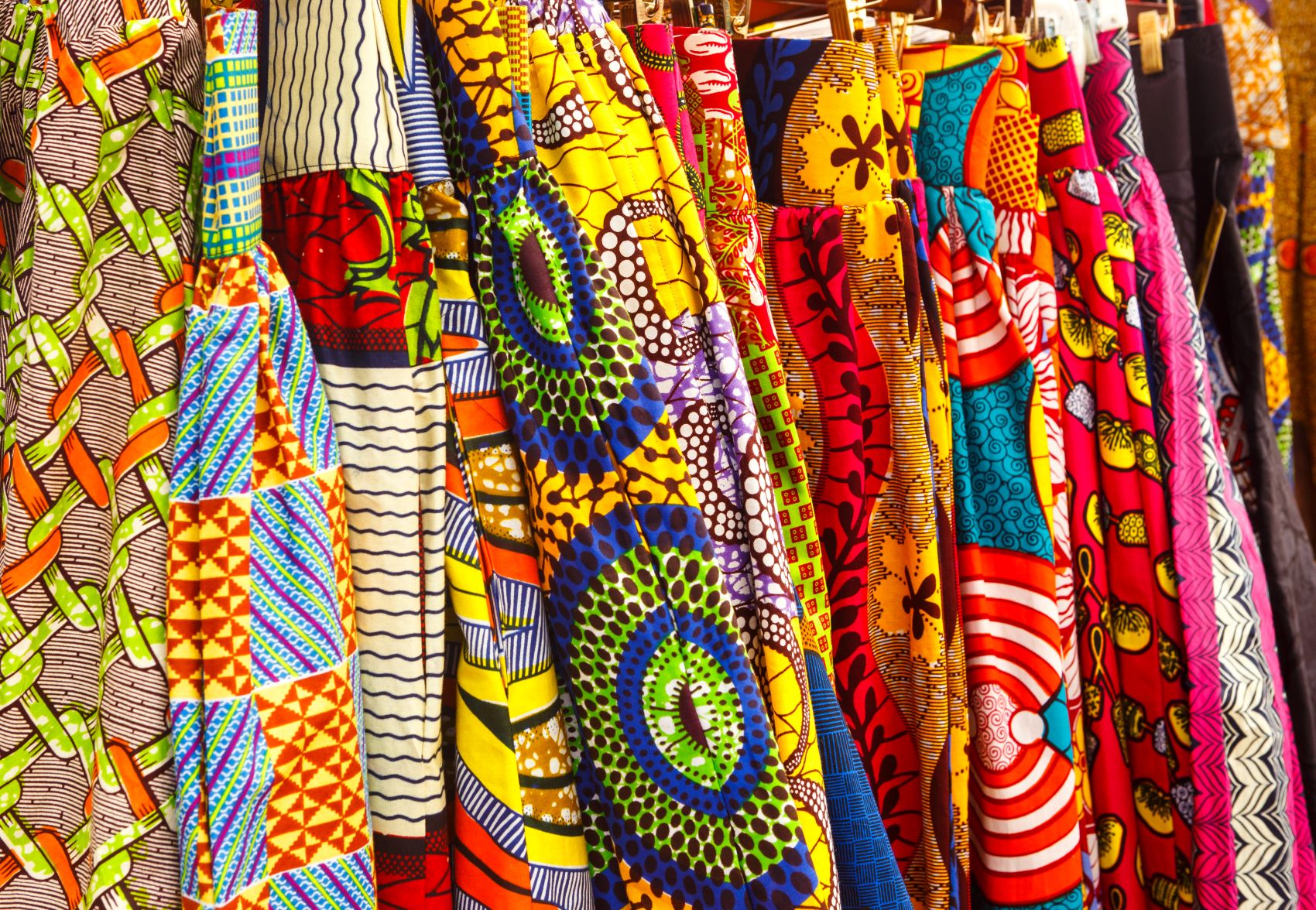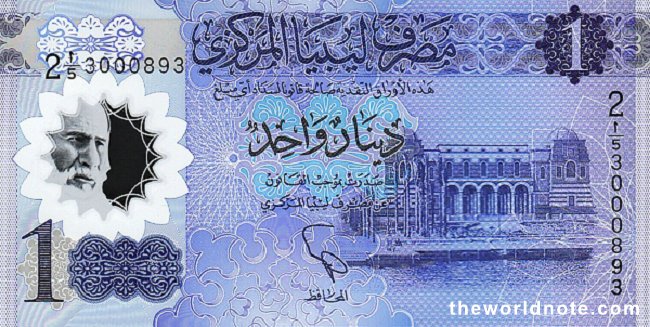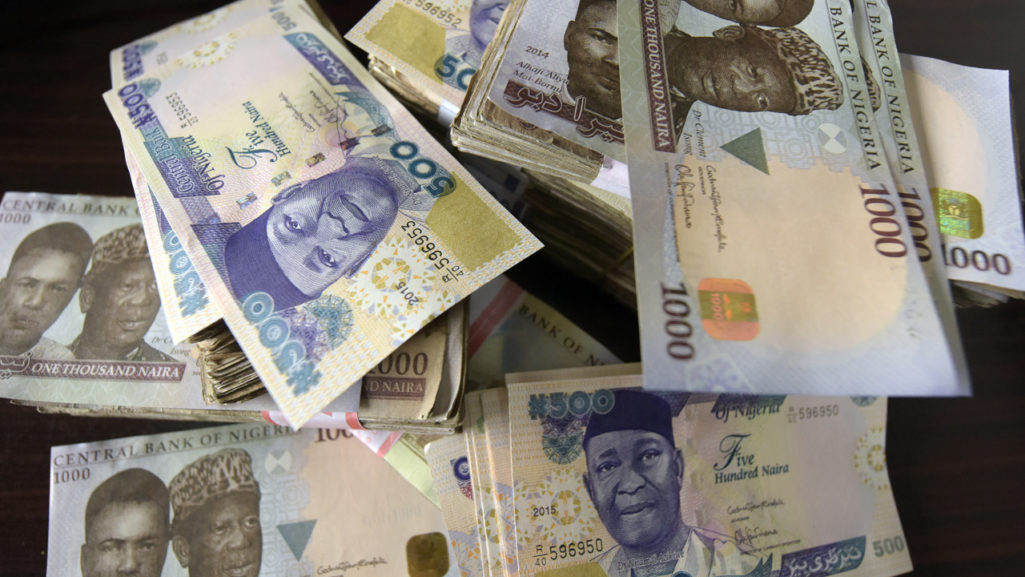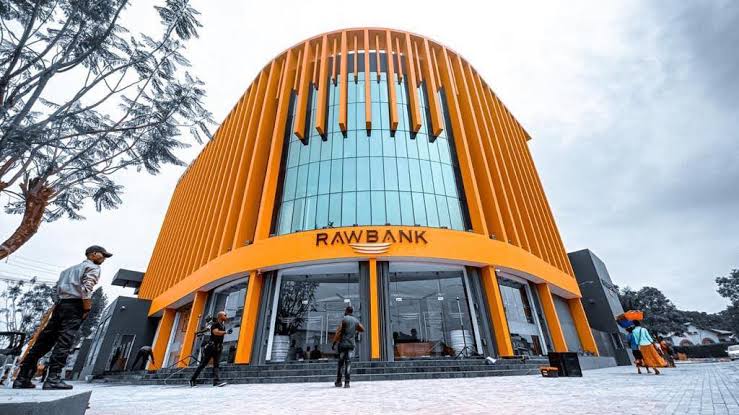Central Bank Of Nigeria Did Not Ban Textile Imports. This Is What They Did Instead

On the 5th of March 2019, a Facebook post by the Nigerian Tribune, one of the leading tabloids in the country alleged that the Central Bank of Nigeria (CBN) has banned the importation of textiles into the country.

However, this is not an accurate representation of what happened. What the Central Bank of Nigeria did was add textile to items no longer eligible for foreign exchange. The governor of CBN Governor, Mr. Godwin Emefiele said
“Effective immediately, the CBN hereby places the access to FX for all forms of textile materials on the FX restriction list.”
Making the announcement, the CBN Governor said the decision was to help revive the moribund industry. The CBN will continue to support cotton lint importation for use by textile factories. However, textile factories will have to make plans to source their cotton locally by 2020.
Businesspeople who import goods into the country buy foreign exchange from authorized dealers majorly banks. They use this foreign currency to pay their suppliers. The announcement means textile importers can no longer access the foreign exchange. This applies to other importers of items on the list. This brings the total amount of items on the restricted list to 41. However, in December 2018, CBN added fertilizer to the list to bring the total to 42.
How the policy will affect importers
The Central Bank of Nigeria trades 1 USD for 305 Naira. However, importers cannot buy the USD at the CBN rate for items on the restricted list. They will have to seek for foreign exchange from other sources including the black market. However, at the black market, the USD sells as high as 360N per USD and above.
Nigeria’s economy is largely dependent on the sale of crude oil. Following the plunge of oil price in 2015 which sank the country into recession, the CBN decided to ration foreign exchange to ensure it doesn’t run out of reserves. The CBN stated that,
“For the avoidance of doubt, please note that the importation of these items are not banned, thus importers desirous of importing these items shall do so using their funds without any recourse to the Nigerian exchange markets.”
What this means to the textile industry

According to the CBN, the policy is to boost the local production of the items on the list. The textile industries in the country are struggling to survive due to the flooding of the market with foreign textile. Reacting to the ban, David Ibidapo, an economic and financial analyst said,
“This is a good initiative by the CBN, because if you look at what we spend on importation it is about 50 percent of our budget deficit. And imagine if that amount is being generated internally, it will automatically impact on our Gross Domestic Product (GDP).”
The CBN also has an importer/exporter window which facilitates currency exchange between buyers and sellers. In addition to lowering the pressure on FOREX, Mr. Ibidapo is of the opinion that,
“This will also inspire local production of textile with the single digit rate the CBN is promising local textile industries that are interested in getting loans.”
List of items shut out from CBN foreign exchange
- Rice
- Cement
- Margarine
- Palm kernel/palm oil products/vegetable oils
- Vegetable and processed vegetable products
- Poultry-chicken, eggs, turkey
- Private airplanes/jets
- Indian incense
- Tinned fish in sauce
- Cold rolled steel sheets
- Galvanized steel sheets
- Roofing sheets
- Wheelbarrows
- Head pans
- Metal boxes and containers
- Enamelware
- Steel drums
- Steel pipes
- Wire rods (deformed and not deformed)
- Iron rods and reinforcing bars
- Wire mesh
- Steel nails
- Security and razor wire
- Wood particle boards and panels
- Wood fiber boards and panels
- Plywood boards and panels
- Wooden doors
- Furniture
- Toothpicks
- Glass and glassware
- Kitchen utensils
- Tableware
- Tiles
- Textiles
- Woven fabrics
- Clothes
- Plastic and rubber products, cellophane wrappers
- Soap and cosmetics
- Tomatoes/tomato pastes
- Euro bond/foreign currency bond/ share purchases
There are viable industries in the country producing items on the list. For example, Nigerian rice production has grown to 9.86 million tonnes in 2017 from 353,000 tonnes in 1968. Dangote Cement is among the largest producers of cement in the continent. However, the flooding of the market with foreign goods and the consumer preference for these goods is adversely affecting the growth of local industries.







Responses